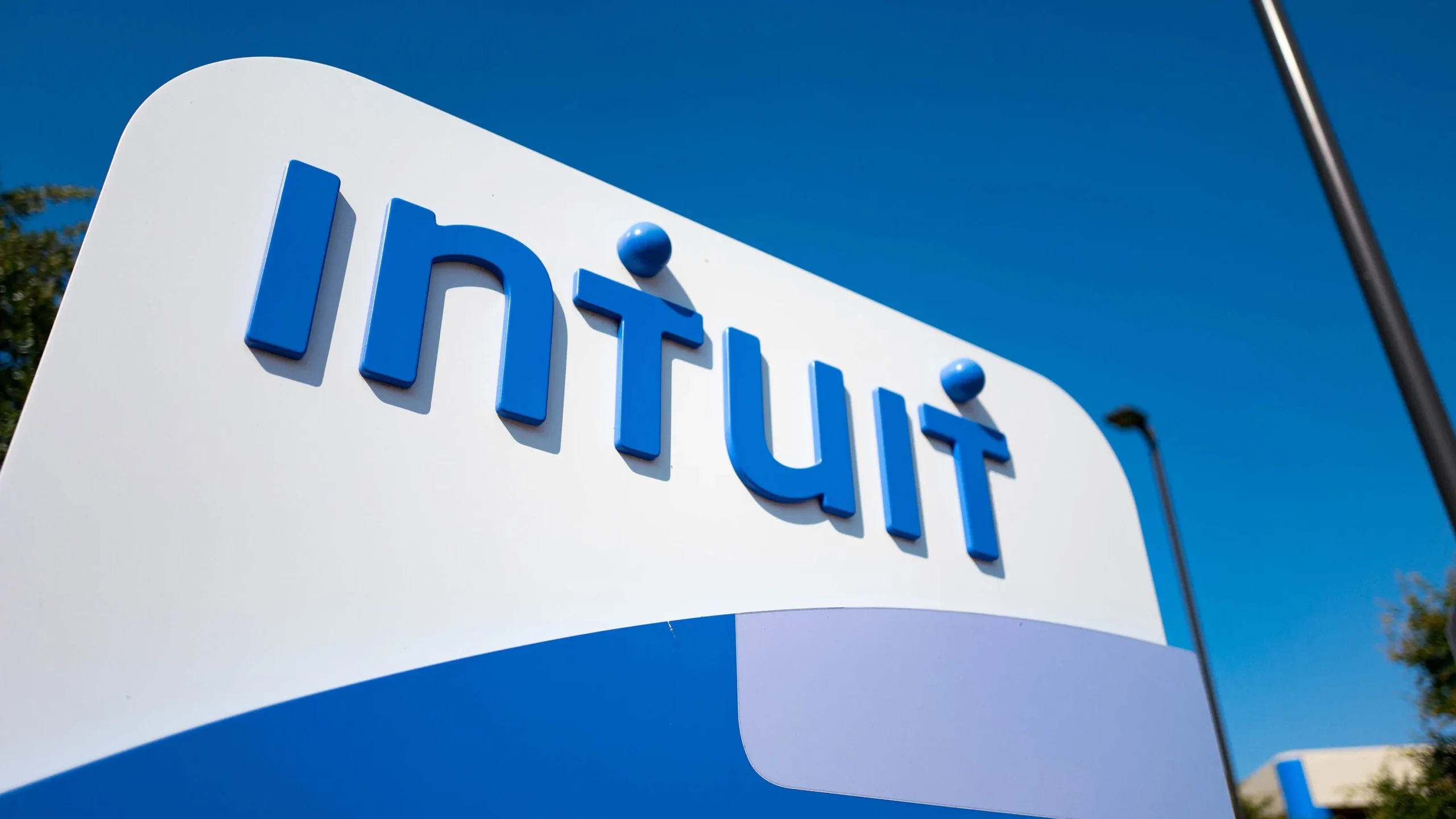Intuit reported strong fiscal first-quarter results that surpassed analysts’ expectations, but its outlook for the second quarter led to a decline in its stock price. Shares of the finance software giant dropped 6% in after-hours trading on Thursday after the company announced a revenue forecast for the current quarter that missed expectations due to delayed sales.
The company exceeded Wall Street’s consensus in the first quarter with adjusted earnings per share of $2.50, beating the expected $2.35, and total revenue of $3.28 billion, surpassing the projected $3.14 billion. This represented a 10% year-over-year revenue growth. However, net income fell to $197 million, or 70 cents per share, compared to $241 million, or 85 cents per share, in the same quarter the previous year.
Despite the positive first-quarter results, Intuit’s second-quarter outlook was more conservative. The company projected a slight decline in revenue from its consumer segment, mainly due to changes in promotional strategies for TurboTax desktop software in retail environments. Intuit emphasized that these changes would affect the timing of revenue recognition in the second quarter but would not have an impact on the company’s full-year results for fiscal 2025.
For the second quarter, Intuit forecast earnings per share of between $2.55 and $2.61, with revenue ranging from $3.81 billion to $3.85 billion. The consensus estimates from analysts were higher, with expected earnings of $3.20 per share and revenue of $3.87 billion. This miss on revenue expectations contributed to the drop in Intuit’s stock price.
Looking ahead to the full fiscal year 2025, Intuit reaffirmed its previous guidance, expecting adjusted earnings per share to range from $19.16 to $19.36, and total revenue between $18.16 billion and $18.35 billion. This implies a revenue growth of between 12% and 13%. Analysts had predicted earnings per share of $19.33 and revenue of $18.26 billion for the year.
Revenue from Intuit’s Global Business Solutions group, which includes Mailchimp, QuickBooks, small business financing, and merchant payment processing, totaled $2.5 billion in the first quarter, up 9% year-over-year and in line with estimates. Intuit’s Chief Financial Officer, Sandeep Aujla, noted that while the company was making good progress with mid-market customers in Mailchimp, it was also experiencing higher churn from smaller customers. To address this, the company is focusing on enhancing products and driving feature adoption to improve customer retention.
Intuit’s Credit Karma division also performed well, with revenue of $524 million in the first quarter, exceeding the StreetAccount consensus of $430 million.
Despite the short-term setback, Intuit has seen a solid 9% increase in its stock price for the year up to Thursday’s close, outperforming the S&P 500’s 25% gain in the same period.
However, shares of Intuit had previously taken a hit earlier in the week, dropping 5% after a report in The Washington Post mentioned President-elect Donald Trump’s proposed “Department of Government Efficiency,” which discussed the possibility of developing a mobile app for federal income tax filing. Intuit’s CEO, Sasan Goodarzi, addressed the concern by pointing out that the company already offers a mobile app for federal tax filing, which is available to all Americans. He further emphasized that he is in communication with members of the incoming presidential administration regarding the matter.
On the earnings call, Goodarzi expressed confidence in the economy’s future, despite the current challenges. He noted that while the company’s guidance did not factor in an improvement in economic conditions, he believed that the environment would improve in 2025, driven by factors such as interest rates, job growth, and regulatory changes. Goodarzi is optimistic that these changes will benefit businesses in the coming year, which should position Intuit for continued success.
In conclusion, Intuit’s strong first-quarter performance was overshadowed by a cautious second-quarter outlook, driven by revenue timing changes. While the company maintains confidence in its long-term prospects, the short-term uncertainty has caused some volatility in its stock. The company’s ability to manage its customer base, enhance product offerings, and adapt to changing economic conditions will be crucial to its success in the remainder of fiscal 2025.






